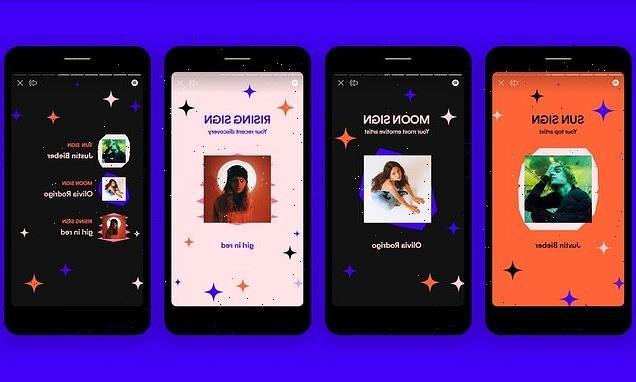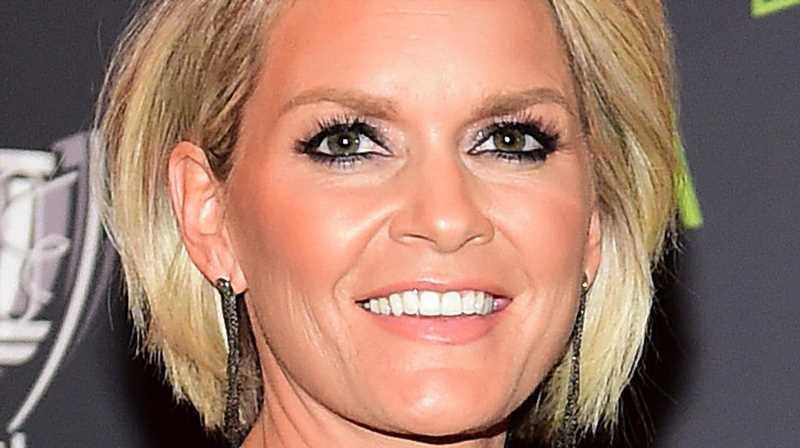Mary J. Blige is one of the most influential artists of this generation. Not only is she the reigning “Queen of Hip Hop Soul,” but she remains a unique force in R&B after three decades in the music industry. Throughout her career, she has released 13 studio albums, including the critically acclaimed “My Life,” which will celebrate its 25th anniversary in 2021. To mark the momentous occasion, the singer will drop a documentary with the same name via Amazon Prime on June 25.
In a statement to People, Blige explained that the documentary — which includes footage of Blige performing the album alive — offers fans “more insight into who I was and who I am now, where I’ve come from and where I still want to go and break down an album that completely changed everything for me.” She added, “‘My Life’ is the album that really bonded me with my fans who have since been along for what turned out to be a crazy ride.”
Keep scrolling to find out what else to expect from Blige’s documentary, including a very tragic detail about her life.
Mary J. Blige admits she didn't want to live anymore
According to the “My Life” documentary’s official log line, Mary J. Blige “reveals the demons and blessings that inspired the record and propelled her from the soul-crushing world of New York’s housing projects to international stardom.” Some of these “demons” include not wanting to live anymore. She explains in the trailer, “‘My Life’ is probably my darkest album at one of the darkest times I’ve had.” The musician added, “Most of the time I was just depressed and didn’t want to live. I had it all inside and I was able to sing it and write it, and I didn’t know that so many people felt the same way.”
Blige previously opened up about her traumatic experiences with VH1’s Behind the Music (per Daily News), including her father’s abuse, which ultimately led her to hate herself. “I had no self-respect. I hated myself. I thought I was ugly. Alcohol, sex, drugs — I’d do whatever it took to feel a little better.”
The Grammy award-winner credits music for saving her life. She said, “The only thing, I think, that kept us guided was the music. It just saved you. In the neighborhood we lived in, it’s like prison. There was a lot wrong, and it was a lot. I needed to get out. That’s why I had that pen.”
If you or someone you know is having suicidal thoughts, please call the National Suicide Prevention Lifeline at 1-800-273-TALK (8255) or text HOME to the Crisis Text Line at 741741.
Source: Read Full Article



